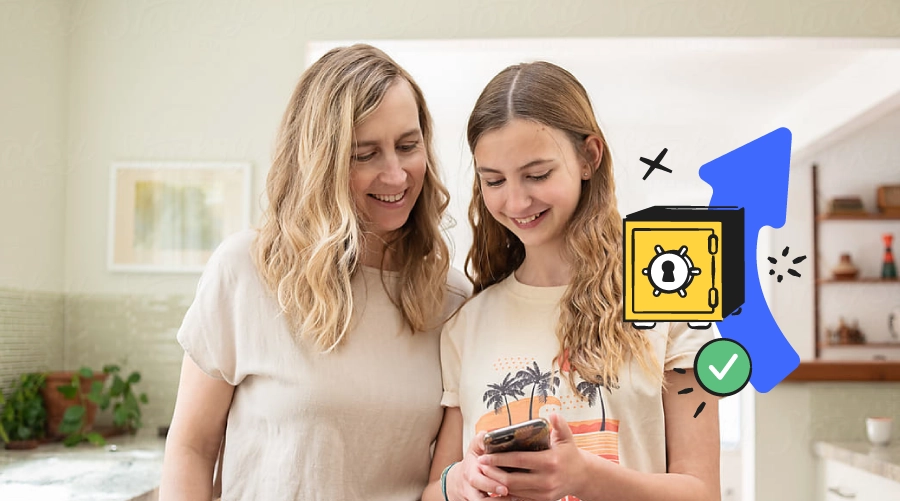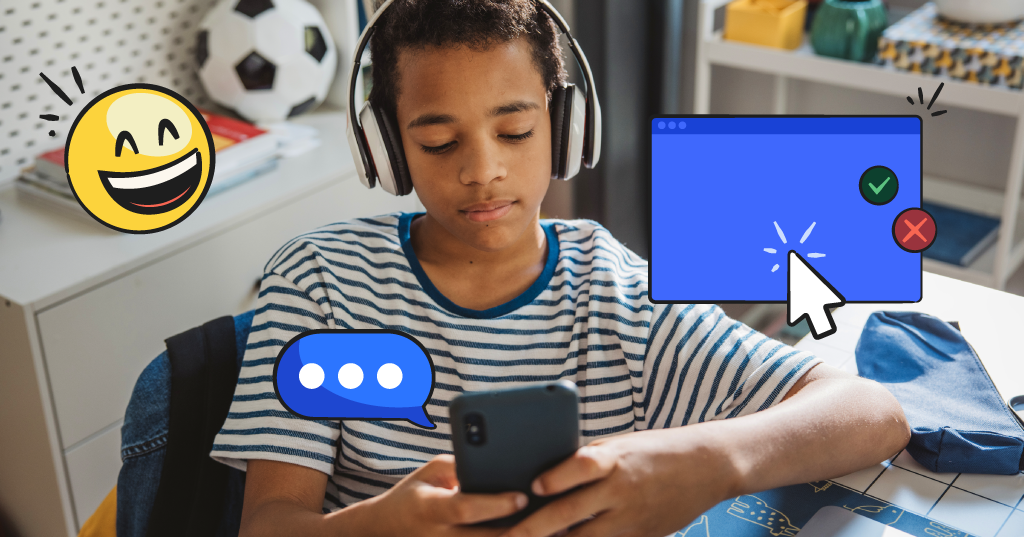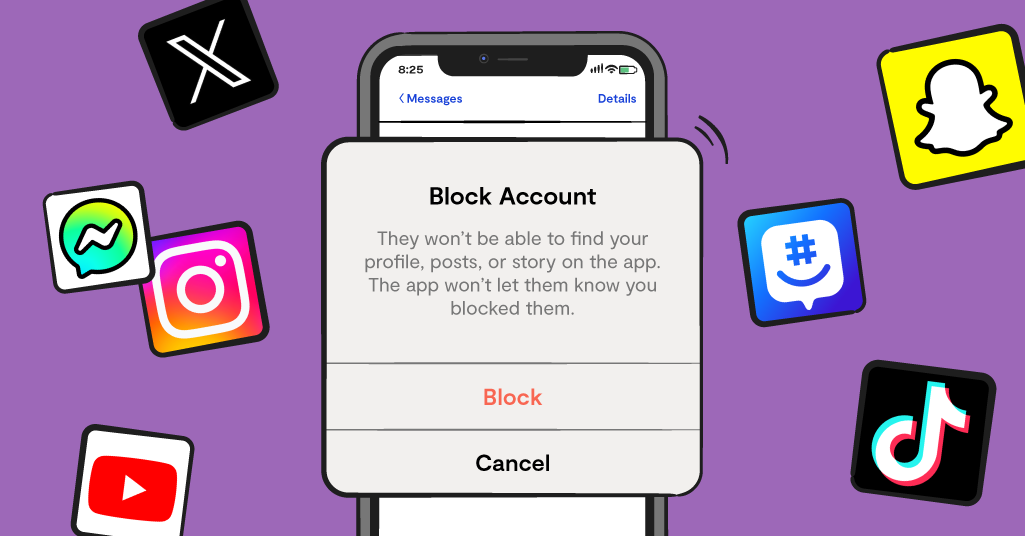
As your child approaches their teen years, it’s important to find that perfect balance of respecting their need for privacy while also providing the supervision and guidance they need. While this balance is certainly hard to strike, it's not impossible with some boundaries, rules, and parenting tools. Read on for guidance on everything from allowing TVs and gaming systems in their rooms to nightly phone habits.
Phone Rules for Teen Privacy
Setting boundaries
When it comes to phone usage, it's crucial to establish clear boundaries from the start. Encourage open communication about technology use and the responsible use of smartphones. Discuss the importance of balancing screen time with other activities and designate device-free zones within the house, like “all phones in the kitchen at night.” By setting time limits for phone usage, you encourage a healthy balance between virtual and real-world interactions.
Gradual independence
As teens mature, it's important to allow increased autonomy and privacy with their phones. During mid-adolescence, consider relaxing phone rules and trusting them with more decision-making. Discuss privacy concerns and digital footprints, emphasizing responsible online behavior and the potential consequences of inappropriate actions. Introduce parental control apps or monitoring tools with transparency and mutual agreement, ensuring that the use of such tools is a collaborative effort rather than just a way to control everything.
Bedroom Entertainment
TV in the bedroom
The presence of a TV in a teenager's bedroom can be a topic of discussion for many parents. During early adolescence, it is advisable to have a shared family TV in a common area. This promotes shared experiences and allows for family discussions about content and screen time. In mid-adolescence, consider allowing a TV in their bedroom with clear guidelines on usage time and content restrictions. It also allows them some independence while still ensuring responsible viewing habits.
Gaming systems in the bedroom
Like with TVs, gaming systems in the bedroom require careful consideration. During early adolescence, encourage gaming in shared spaces such as the living room or game room. This promotes social interaction and monitoring of game content. As teens enter mid-adolescence, consider allowing gaming consoles in their room with time restrictions and an understanding of game ratings. Engage in open conversations about gaming habits, balancing responsibilities, and setting priorities. By late adolescence, trust their judgment and establish ongoing discussions about gaming habits to ensure a healthy balance.
Supervision Strategies
Communication and understanding
Maintaining open lines of communication is key to effective supervision. Understand your teenager's technology interests and online activities by regularly engaging in conversations. Ask about their favorite apps, social media platforms, and online trends. This shows your interest and allows you to stay informed about potential risks or concerns.
Monitoring for potential dangers
While privacy is important, monitoring can be necessary to ensure your teen's safety. Monitor internet browsing history, social media accounts, and texts, but only with their consent and knowledge. It is essential to establish trust and open communication by discussing the purpose of monitoring and addressing any concerns or questions your teen may have. Use monitoring as a tool for guidance and support rather than strict control. The good news is nobody does this better than Bark!
Cultivating trust and responsibility
Foster a non-judgmental environment that encourages your teenager to seek guidance when facing online challenges or concerns. Focus on building responsible decision-making skills by discussing potential risks and consequences of online behavior. Encourage your teen to take responsibility for their actions and understand the importance of maintaining a positive digital footprint.
How Bark Can Help
Even after establishing your family’s rules about the internet, your child might not always follow them. That’s why having an additional safeguard in place can be helpful. Bark’s award-winning monitoring service alerts parents and guardians when there’s a potential issue they need to know about — including cyberbullying, sexting, online predators, depression and more. Sign up today to monitor your child’s texts, email, YouTube, and 30+ apps and social media platforms and get one week of our service completely free!
Read more
Bark helps families manage and protect their children’s digital lives.




